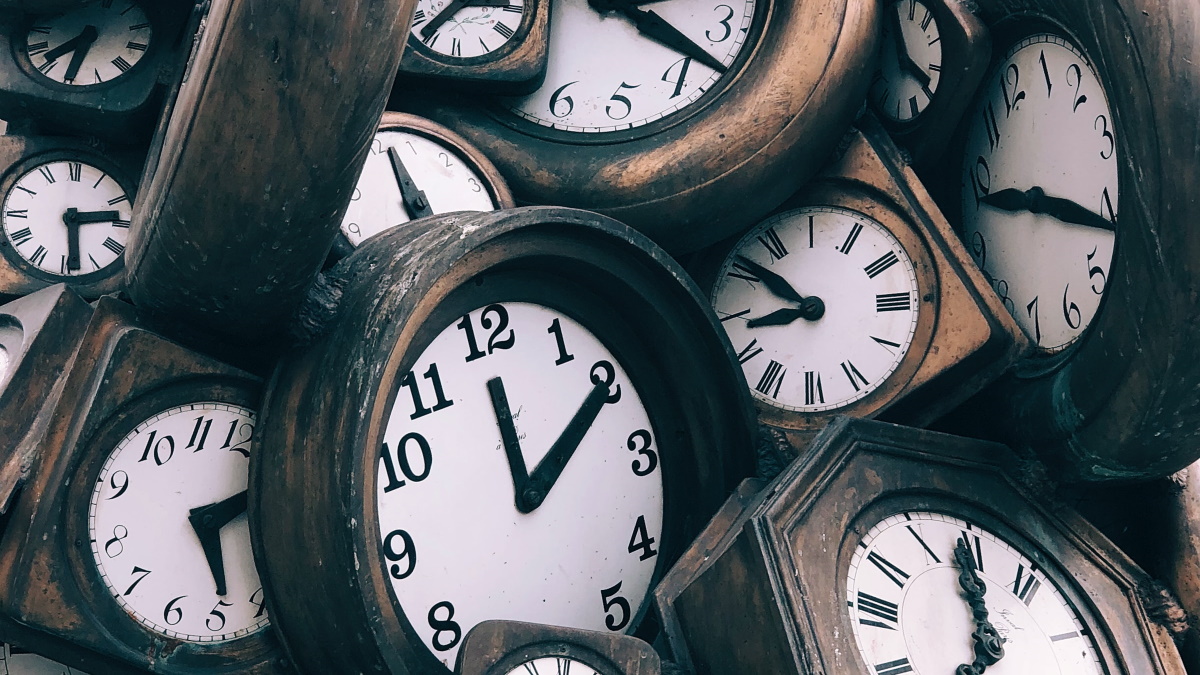Next weekend we will again have that day when, every half a year, we change the time in our country.
In this case we will switch to daylight saving time. The sun will rise later. The sun will set later.
It looks like we will have more hours of sunshine to enjoy the day.
At 2 am on Sunday we will automatically and magically go to 3 am.
We will be robbed of an hour of our lives.
And the press will once again be filled with the almost eternal debate about whether we should stop making these time changes. Because they change our rhythm of life. Because it means almost no energy savings. Because it affects our health. Because it affects our sleep. Because it confuses our hormones. Because it increases the probability of driving accidents.
The thing is that, curiously enough, I have discovered that the time on the clock is becoming less and less important.
In fact, in my case, I have hardly made the switch to winter time in recent months.
I get up earlier (by the clock) and go to bed earlier.
In fact it’s 6:36 a.m. as I write this and I’ve been up for two hours already, reading and planning my tasks.
Mind you, yesterday I went to bed shortly after 10pm.
I still remember when, a few years ago, it was normal to go to bed at 12:30 in the morning.
What is the reason for this change?
In my case, there are two fundamental aspects.
One is working from home. I set my own hours. I don’t have a set time to come into the office and I don’t have a set time to leave.
This is combined with having tools like e-mail to be able to collaborate with other people. I can send the email at any time and the other person will read it when they can according to their needs. I don’t need to coordinate my work schedule with other people’s and, although at some point it may be somewhat less efficient to resolve communications in this way, it compensates by increasing the freedom to do so when I need to.
The other fundamental aspect is to have disconnected from the schedules set by television. The reason why a few years ago it was normal to go to sleep after 12:30 was because that was the time when the programs and movies scheduled on TV ended. All spiced up with commercials so that a 90-minute movie that started at 10:30 p.m. ended two hours later.
Now streaming services allow me to sit down and watch the movie or series I’m interested in just as I finish dinner.
And if it’s 20:45 then by 10:15 I can be done watching an i0 minute movie and ready for bed.
The tyrant clock is losing the battle. It doesn’t matter what it says. We can organize our work and leisure schedules according to our preferences. More and more.
